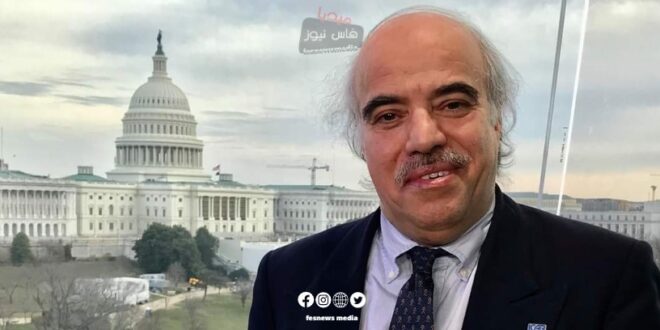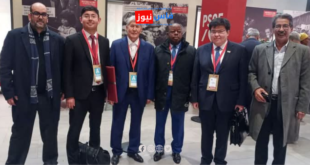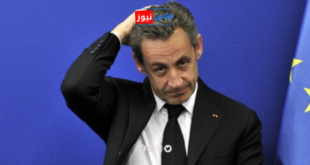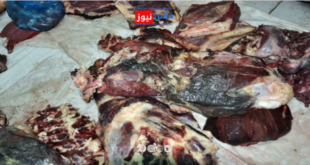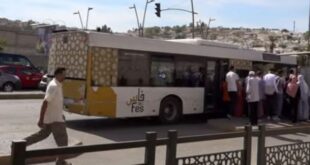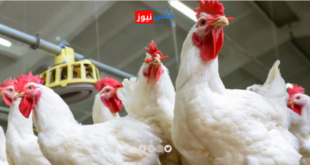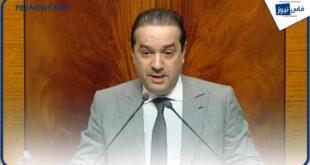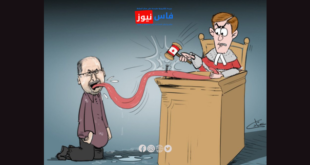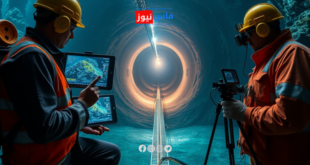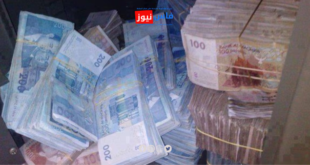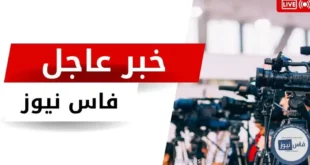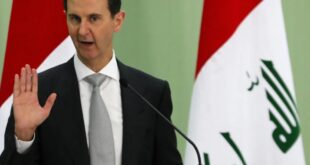It is an emotional and impressionistic compulsion that recurs whenever I write or lecture on a topic related to the current crisis between Morocco and Algeria, the status of the Polisario Front, and United Nations resolutions. Due to the Maghrebi temperament being saturated with its Algerian, Sahrawi, and Moroccan branches in the culture of “pride,” “hot blood,” “even if a goat flies,” and the rest of the lofty egos and mood of fanaticism and climbing to the top of the tree, the responses and comments mostly reveal divergent perceptions and polarizations, even a split into sects and tribes competing to monopolize “knowledge” and ownership of “truth.” Consequently, they arbitrarily interpret what I write, and even get lost in classifying me as either “Makhzenist,” “Ayashist,” “separatist,” “Kargholist,” and the rest of the stray titles that their owners drop in the air. This is the style of one who has no argument!
Those who work like me in the field of conflict resolution adhere to excavating cold facts, away from the heat of enthusiastic positions and emotional nationalisms, especially when some actions and maneuvers reveal a symbolic dimension or media exploitation to score certain points in front of cameras for the applause of public opinion supporting this party or that, as happened in the “TICAD 9” meeting in Tokyo during the last two days. There is also an academic and ethical responsibility to dissect political decisions and speeches to purify facts from political projections or ideological embellishments, considering that each party waves merely “half the truth” and a favorable engineering in composing the discourse, twisting the neck of political logic, adapting history, and manipulating mass psychology according to Gustave Le Bon’s expression. Thus, the process of extrapolating data and inputs and drawing conclusions and outputs moves within a triangular, mostly enthusiastic, which does not accept an independent opinion or an impartial conclusion. There is little hope that stubborn, inherently tense parties may absorb the measure of reason and humility to the truth, except for a small group of people of understanding.
It is no wonder that my analysis of the scene of undiplomatic brawl and misjudgment of the Algerian delegation in Tokyo provokes an inflation in the tension of supporters of a certain party, just as the sensitivities of supporters of another party were aroused when I criticized the presidential declaration of former President Donald Trump, who promised to “recognize Moroccan Sahara” and “build an American consulate in Dakhla” on December 10, 2020, considering that it was not based on a strong constitutional basis as long as it did not become a treaty signed by members of the Senate, and thus binding on the United States, not just the Trump administration, or as I said at the time “political reservation” in the logic of “real estate reservation.”
I adhere to my rationality and ethics of academic action and the neutrality of the philosophy of conflict resolution, mediation, arbitration, and other de-escalation mechanisms. I do not lean or am not swayed towards inflaming emotions and blowing into punctured bags here or there. It would be more appropriate for those who lavish those derogatory attributes on me, or project their curses and hatreds on me, to respond to the content of what I wrote or refute it if they find any fallacies in it. The analysis is careful to be self-standing with elements of independence and academic controls. If supporters of this team find their lost object in it, they consider it “academic and objective.” But if it reveals to them what they do not want to hear, they rush with the hurry of emotion to classify it as “propagandistic.” This is a familiar oscillating fluctuation from all supporters of competing positions as long as there are Maghrebis who are attracted by political rapture and ideological blindness.
 فاس نيوز ميديا جريدة الكترونية جهوية تعنى بشؤون و أخبار جهة فاس مكناس – متجددة على مدار الساعة
فاس نيوز ميديا جريدة الكترونية جهوية تعنى بشؤون و أخبار جهة فاس مكناس – متجددة على مدار الساعة

